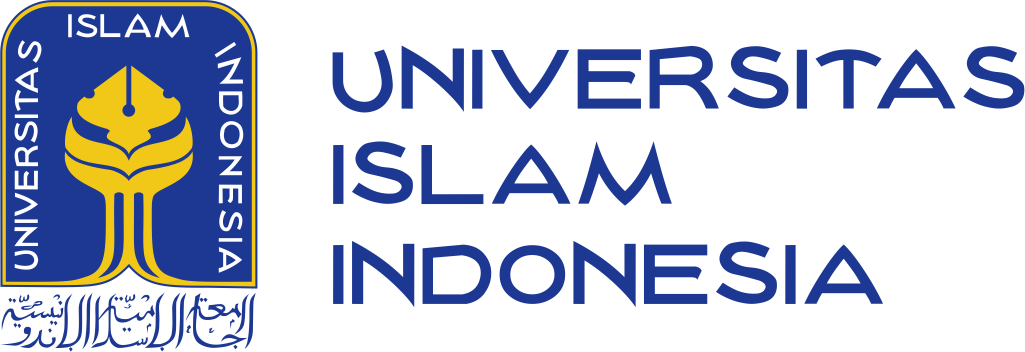Coping with Change
The theme selected by the International Conference on Islamic Studies and Social Sciences (ICONISSS) 2021, to me, is indeed both important and interesting: “Discovering New Landscape of Islamic Studies and Social Sciences in The Digital Age”, for at least three reasons.
Fast changing context
Firstly, the changing context, or to be precise, the fast-changing context. We are challenged to make sense the rapid changes in our surroundings. The advance of information technologies, for example, has affected almost every aspects of our life. New norms (new ways of doing business, learning, making social relation, accessing various services, to name a few) are invented, designed, practiced, routinized, and eventually they become embedded in our daily life.
Some of us embrace these new norms wholeheartedly and happily, while some others show denialism to various extent. The former group is actively engaged and make the norms become initialized, while the latter group often see the changes as threats to the well-established social norms.
At the end, this may create tension to some extent. But, through the eyes of academics, I am sure that the tension can be seen as positive stimulation for further inquiries and continuously provoke our thoughts.
We also need to pay more attention to other global issues, such as climate change, energy shortage, deforestation, inequality, corruption, unemployment, pollution, and so on.
Assumption and reality incongruence
Secondly, in some cases, the existing concepts or theories are no longer able to equip us with analytical lenses to better comprehend the contemporary social phenomena. We understand that many concepts are introduced based on previous past time observation and experiences. The underlying philosophical assumptions behind the existing concepts or theories may no longer fit with nowadays’ realities. Hence, we need to re-interpret them or even complement them with new vocabularies, new concepts, or even new theories.
Context specificities may also demand indigenous perspective to make sense or grasp the meaning of social phenomena as socially constructed realities. This is a challenge for social sciences to enable us to better comprehend the contemporary world.
At the same time, social sciences will also inspire us and provide insights in designing possible social intervention programs that lead to significant progression.
Contextualised Islamic teachings
Thirdly, when it comes to Islamic studies, there is no different. Islamic scholars need to continuously contextualize the Islamic teachings and values. We may easily agree that as the religion (al-din) have already reached the final form, as mentioned by Allah in the Holy Qur’an, surah Al-Ma’idah verse 3. Allah said “Today I have perfected your faith for you, completed My favour upon you, and chosen Islam as your way.”
If we believe that Al-Qur’an, and hence Islam, is compatible with every time and place, then the challenge is how to operationalize the Islamic norms in various contexts. Since its early time, Islamic teachings have been accepted by people from various backgrounds. Today, in the modern time, we witness that they are accepted and practiced by people from various countries and continents throughout the world.
The character of Islamic teachings which are open for other progressive ideas makes them compatible with human perennial values, such as honesty and justice. But today’s challenges make us even harder to maintain the relevance of Islamic teachings in the modern society with all its progressions.
Muslim, in general, and Muslim scholars, in particular, owe collective homework to do to ensure that Islamic teachings are becoming part of the solution and not the problems. Otherwise, one may continuously ask the relevance of Islamic teachings.
Hence, today, I am more than happy to open this conference that attracts scholars from various backgrounds to discuss important aspects of social sciences and Islamic studies and their connection with the contemporary issues.
I am sure that various perspectives that will be shared by the speakers and the participants in this conference will provide meaningful insights and stimulate further discussion in the area of concern: the relevance of Islamic studies and social sciences in the digital age.
Opening remarks at the International Conference on Islamic Studies and Social Sciences (ICONISSS) 2021 held by the Faculty of Islamic Studies Universitas Islam Indonesia, 18 November 2021.





